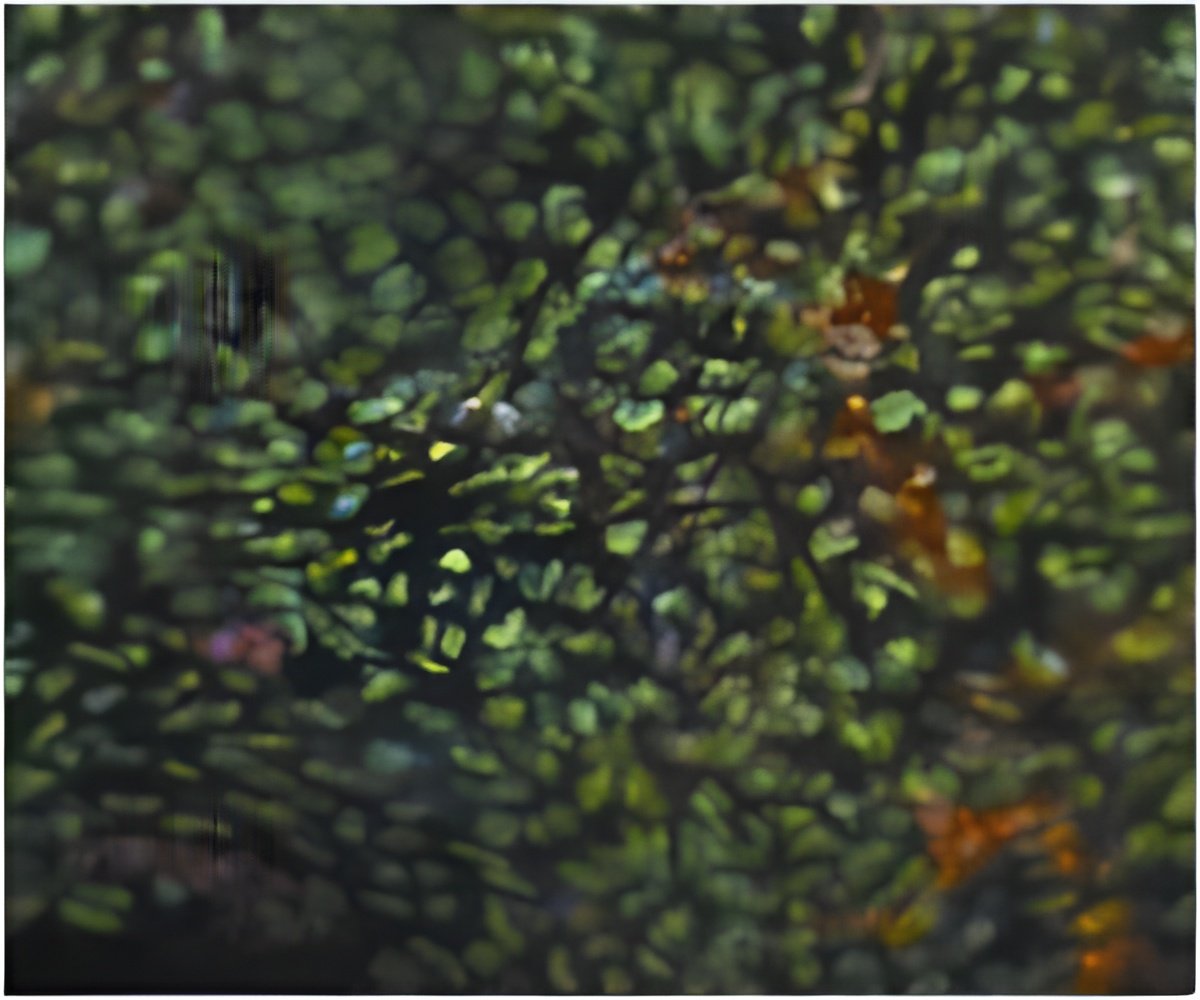Stem cells from foetus could help mothers to recuperate from heart damage, suggests study conducted by Indian origin scientist.

After mating the normal female mice with GFP-producing male mice, half the resulting foetuses produced the protein too, making it easier to identify any foetal tissue in mother.
The researchers then gave heart attacks to pregnant mice and killed them after two weeks to examine their heart.
The study revealed that there were some fluorescent cells in the mothers' damaged heart tissue, where they had accelerated repair by changing into new heart cells, including beating cardiomyocytes and blood vessel cells, New Scientist reported.
According to Chaudhry, the phenomenon is an evolutionary mechanism, which involves the foetus promoting its own survival by protecting its mother's heart.
The researchers have asserted that since it is quite feasible to obtain foetal stem cells from placenta and they are improbable to cause any immunological reactions, they could provide a new and potentially limitless source of stem cells for repairing damaged hearts.
Advertisement
"To date the mainstream stem-cell community has not paid much attention to fetal stem cells in the mother," said Diana Bianchi at Tufts University in Boston.
The discovery may also elucidate why half the women who develop heart weakness during or just after pregnancy recover spontaneously.
Source-ANI















